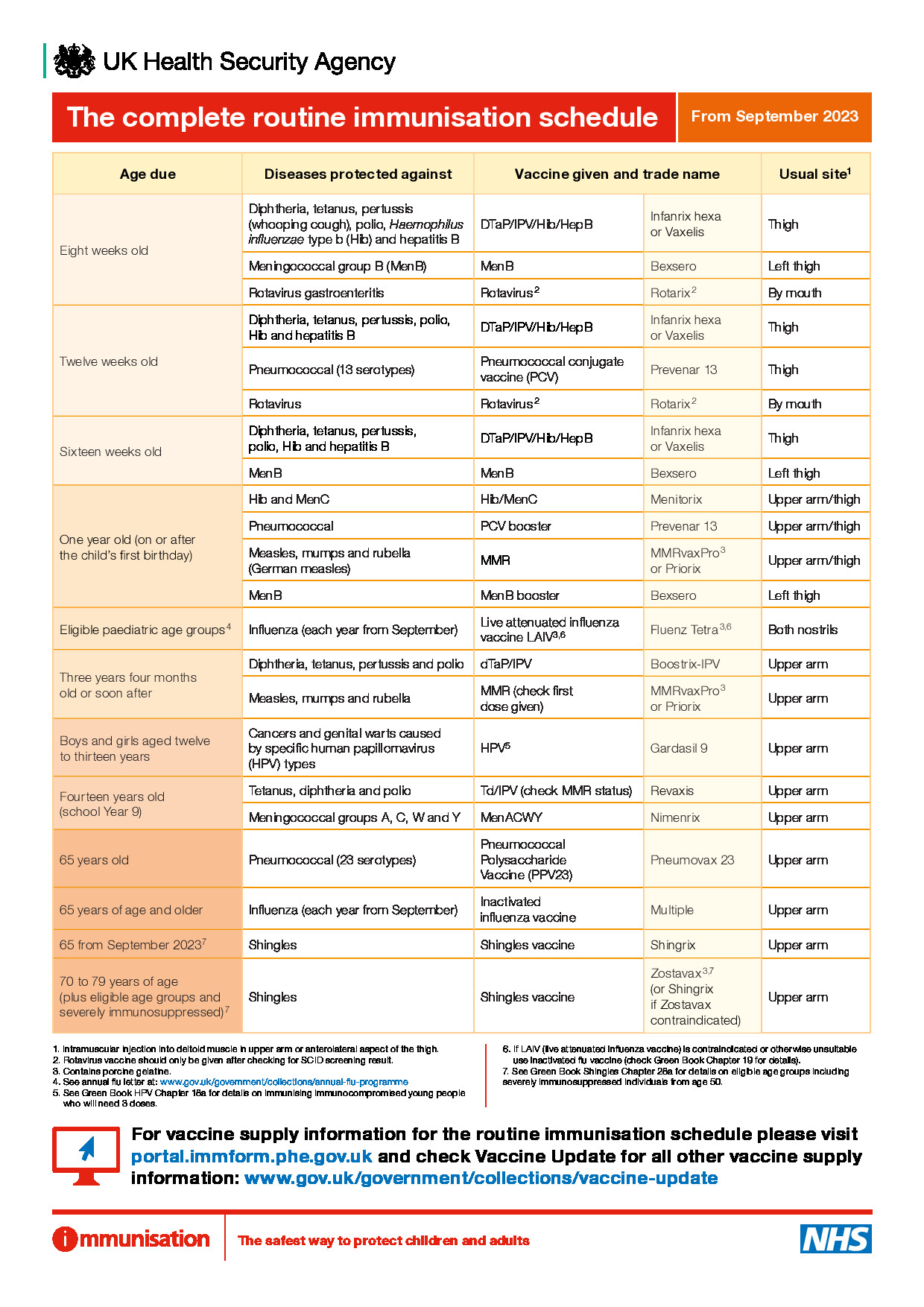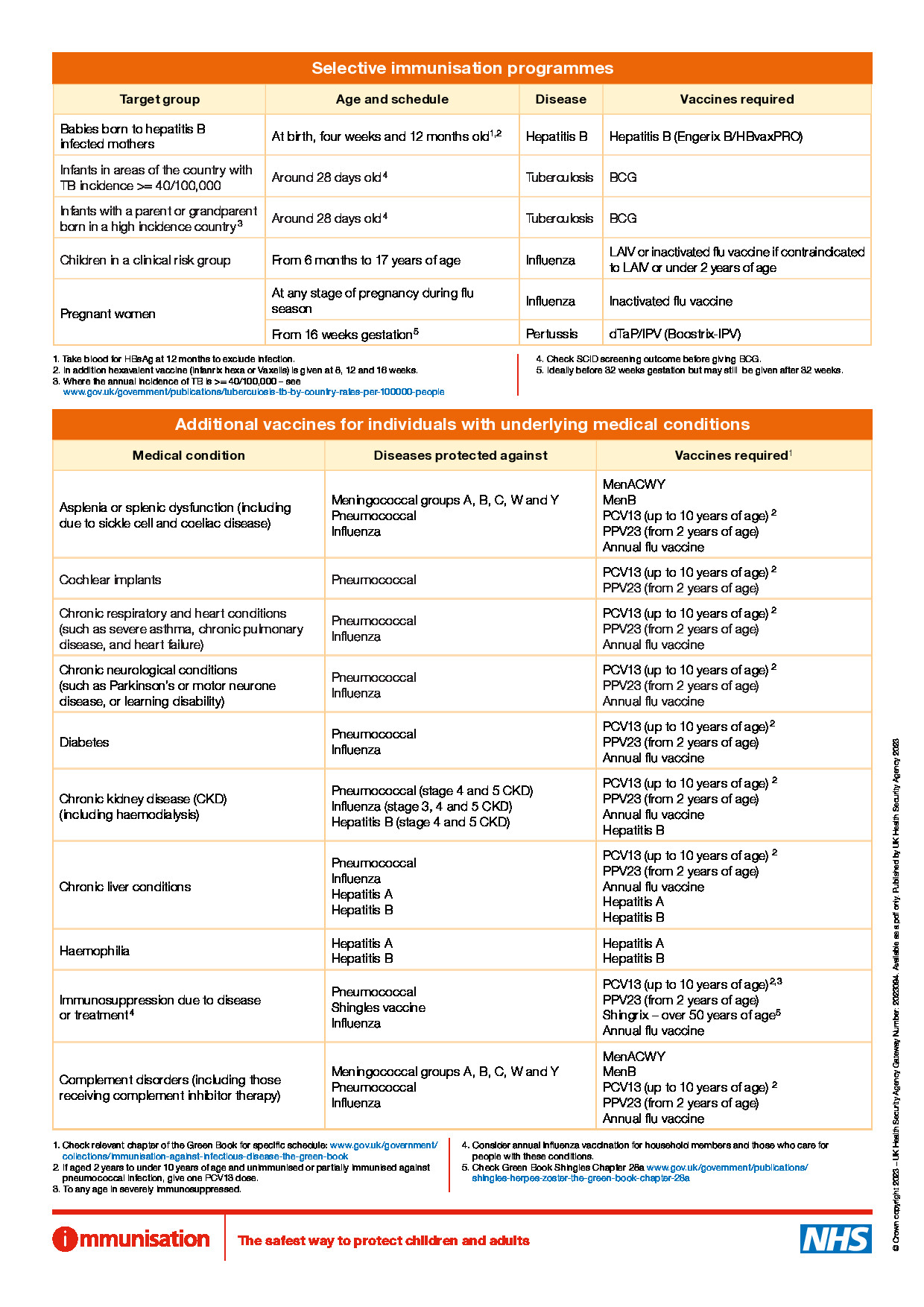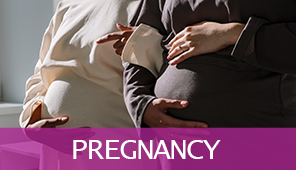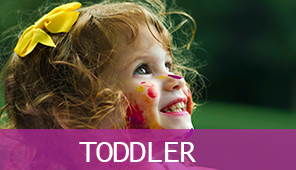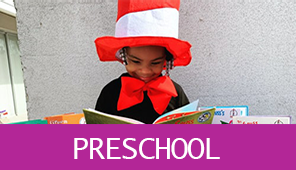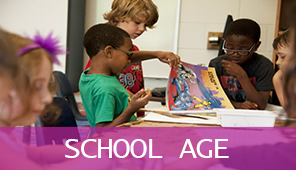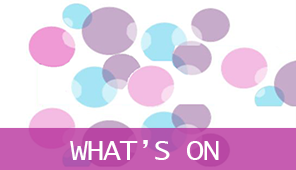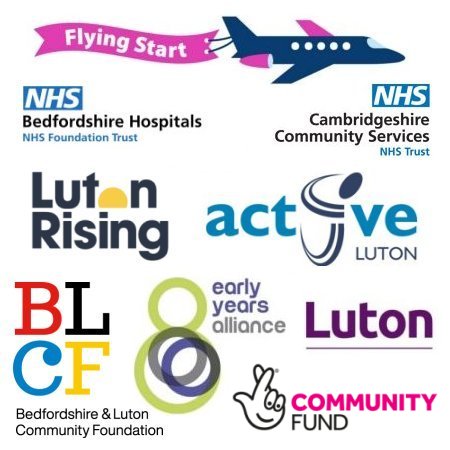Breastfeeding is the healthiest way to feed baby, some of the benefits of breastfeeding include:
- breast milk is perfectly designed for your baby.
- breast milk protects your baby from infections and diseases.
- breast milk is available for your baby whenever your baby needs it.
- breastfeeding can build a strong emotional bond between you and your baby.
- breastfeeding also provides health benefits for you.
Watch the video below to find out more about breastmilk and how it is tailored to baby.
Formula milk does not provide the same protection from illness and does not give you any health benefits.
Breastfeeding takes time and practise and it can take weeks for you to become confident with breastfeeding but there is lots of support available to help you get off to a great start.
Vitamins for babies
It’s recommended that breastfed babies are given a daily supplement containing 8.5 to 10 micrograms (µg) of vitamin D from birth, whether or not you’re taking a supplement containing vitamin D yourself.
Babies having 500mls (about a pint) or more of formula a day should not be given vitamin supplements as formula is already fortified with vitamins. This does not mean that breastmilk is not the healthiest way to feed baby as it contains other ingredients that formula milk cannot replicate.
All children aged 6 months to 5 years should be given vitamin supplements containing vitamins A, C and D every day. For more information on vitamins and where to get them see Healthy Start.
Breastfeeding support
Free Breastfeeding Hub App (use current image on site)
This free app is a hub for all your breastfeeding needs. Your virtual breastfeeding supporter provides information and support with breastfeeding and helps you find and rate breastfeeding friendly places in your local area.
Download free: https://play.google.com/store/apps/details?id=uk.breastfeedinghubmk&hl=en_GB&gl=US
National Breastfeeding Helpline
Independent, confidential, mother-centred, non-judgmental breastfeeding support and information
Open 9.30am – 9.30pm every single day of the year
0300 100 0212
Other information and support
https://www.nhs.uk/start4life/baby/breastfeeding/
www.breastfeedingnetwork.org.uk
Baby Buddy App- Free App with over 200 videos to support parents including feeding https://web.bestbeginnings.org.uk/web/daily-info
For information on bottle feeding https://www.nhs.uk/conditions/pregnancy-and-baby/making-up-infant-formula/#close
Add Human milk video
Add current resources on page


